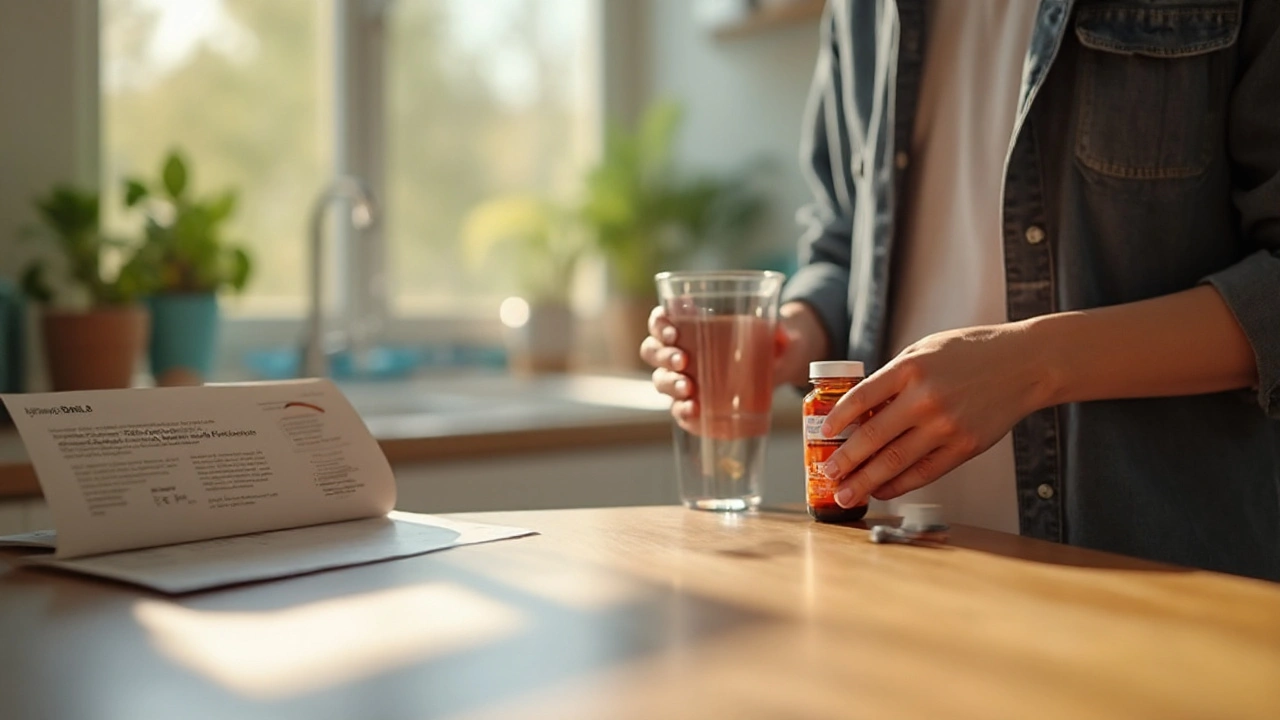Heartburn Relief: Quick Tips to Calm the Burn
If you’re tired of that burning feeling after meals, you’re not alone. Heartburn hits anyone who eats too fast, drinks a lot of coffee, or just has a sensitive stomach. The good news is you can tame it with a few simple changes. Below you’ll find practical steps you can start today to feel better.
Everyday Habits that Keep Acid at Bay
Start by slowing down. Chew each bite at least 20 times and put your fork down between bites. Smaller meals give your stomach less work, so the acid stays where it belongs. Skip the big, spicy, fried, or citrus‑heavy dishes that often trigger flare‑ups. If you’re overweight, even a modest loss can lower pressure on your stomach and cut back on reflux. Try to finish eating at least three hours before bedtime and raise the head of your bed by 6‑8 inches; gravity helps keep acid down.
Clothing matters too. Tight belts or waistbands push on your abdomen and can push acid up. Choose looser pants and avoid compressive belts after dinner. And if you smoke, know that nicotine relaxes the valve between your stomach and esophagus, making heartburn more likely. Cutting back or quitting can make a noticeable difference within days.
When Over‑the‑Counter Needs More Help
Antacids like Tums or Maalox give quick relief by neutralizing stomach acid, but they only work for short bursts. If you find yourself reaching for them several times a day, a longer‑acting H2 blocker (e.g., ranitidine, famotidine) can reduce acid production for up to 12 hours. For persistent symptoms, a proton‑pump inhibitor (PPI) such as omeprazole or lansoprazole may be needed; these block acid at its source and work best when taken 30 minutes before breakfast. Always follow the label and talk to a pharmacist if you’re unsure.
Many people also try natural tricks. A teaspoon of baking soda mixed with water can neutralize acid, but don’t use it often. Ginger tea, aloe vera juice, or a few drops of licorice‑derived deglycyrrhizinated licorice (DGL) can soothe the lining. Some swear by a splash of apple cider vinegar before meals, though evidence is mixed—start with a small amount and see how you feel.
Staying hydrated helps dilute stomach acid. Aim for 8‑10 glasses of water a day, but avoid gulping large amounts right after eating; it can stretch the stomach and worsen reflux. Keep a simple log of what you eat, when you eat, and how you feel afterward. Over time you’ll spot patterns and can avoid your personal triggers.
If heartburn still nags after trying these steps, it’s time to see a doctor. Chronic reflux can lead to esophagitis or Barrett’s esophagus, conditions that need professional care. Your provider can run tests, prescribe stronger medication, or refer you to a gastroenterologist if needed.
Feel free to explore more guides on our site for deeper dives into diet plans, supplement reviews, and medication safety. With the right habits and a bit of experimentation, you can keep heartburn from stealing your comfort.
Pepcid (Famotidine) Guide: How It Works, Uses, Dosage & Alternatives 2025
Comprehensive 2025 guide on Pepcid (famotidine): how it works, proper dosing, safety, side effects, and how it stacks up against other acid reducers.
